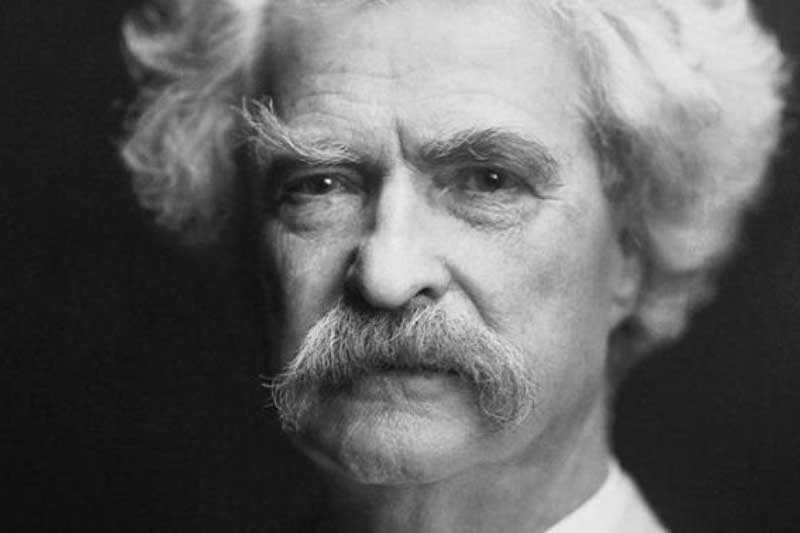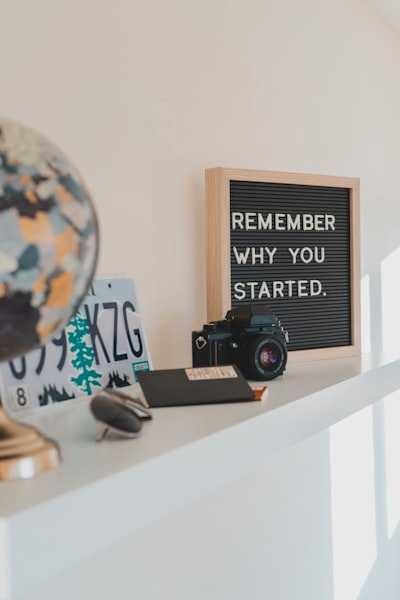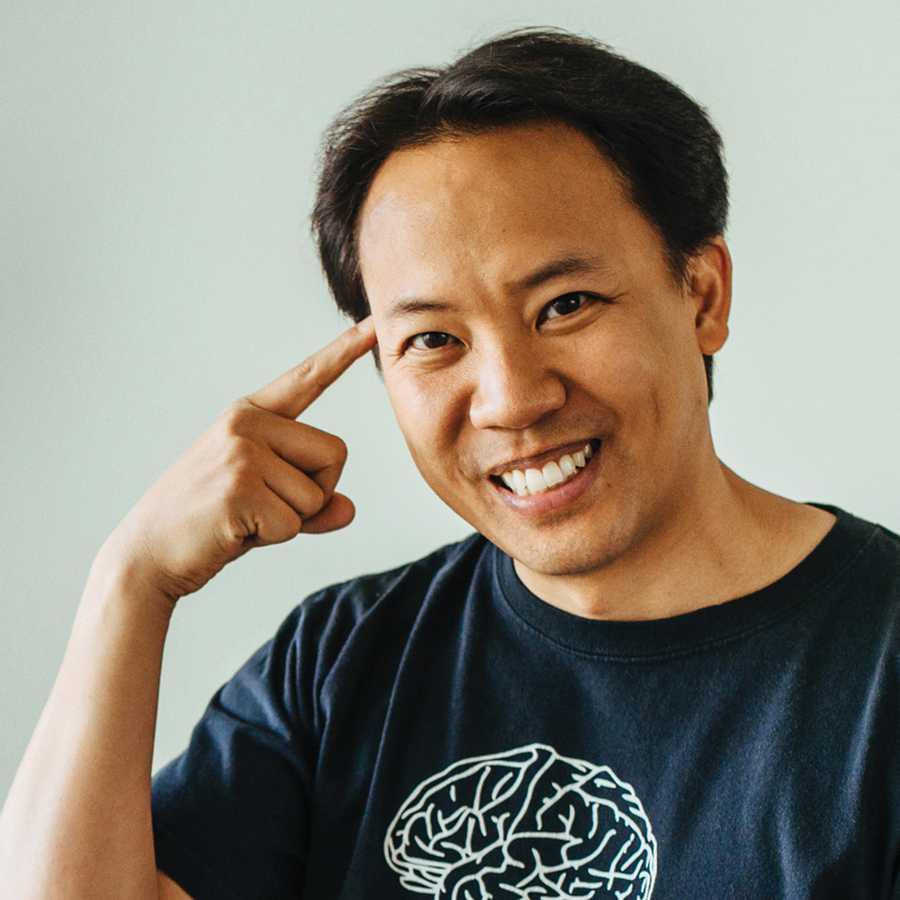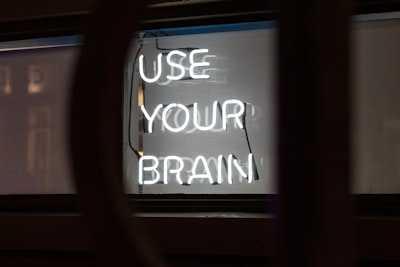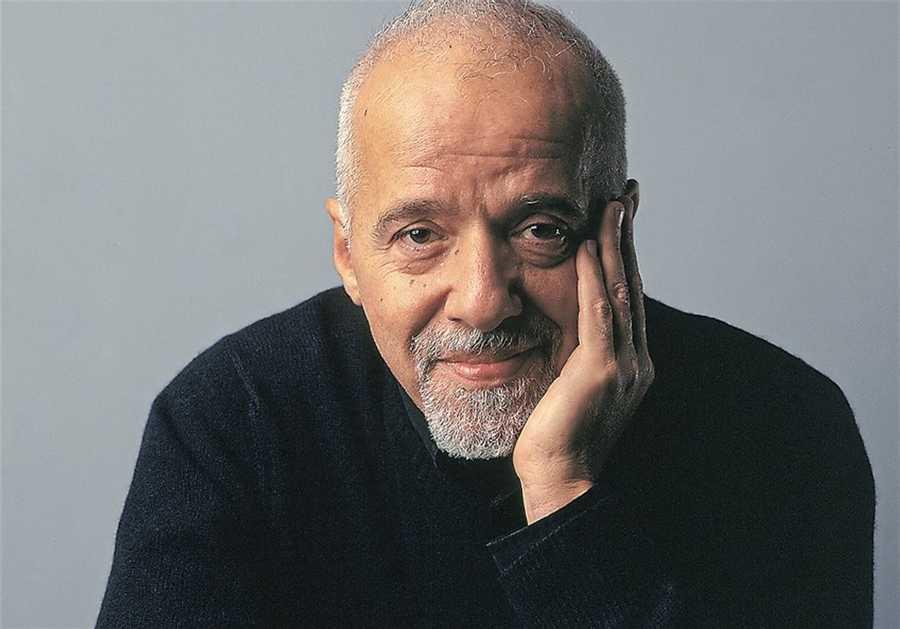Explore the World's Best Ideas
Join today and uncover 100+ curated journeys from 50+ topics. Unlock access to our mobile app with extensive features.
Free your mind (Part I)
- Becoming limitless is about learning how to learn ...embodying the behaviors, tools, & strategies that bring maximum results and rewards for our efforts.
- When our mindset is right, we are motivated from within to act, and we know an effective way of acting - we become limitless in how much we can grow.
- Our brain can make new connections and grow (neuroplasticity & neurogenesis) till the last day of our life. So our capacity to learn & grow literally has no limits.
- All of us use 100% of our functional brain, some just do it better than others. Just like we all use 100% of our functional body but some get more out of it with comparative ease because of the effort they put into it.
1.14K
5.79K reads
The Limitless Model
The 3Ms :
- Mindset - the WHAT (believing in the possibility).
- Motivation - the WHY (being convinced of the why behind anything and having the energy to follow through)
- Method - the HOW (an orderly, logical, and specific process)
1.23K
6.91K reads
4 Supervillains of Learning
- Digital deluge - Access to so much information leads to overload where we don't get the time to manage this information effectively. It adds stress to our life.
- Digital distraction - Always-on ever-connected devices are making it difficult to stay focused. It leads to multitasking. Multitasking uses up the same fuel that we need to stay on task reducing productivity.
- Digital dementia - Outsourcing some of brain's actions to smart devices - the habit of accessing instant information - makes part of the brain deteriorate from underuse.
- Digital deuction - Letting technology do the deduction for us (influence over which restaurant would be best, how to react to certain information, etc.) makes our problem-solving ability weaker.
The solution - It's up to you to choose how & how much you engage.
1.19K
3.89K reads
Learning anything quickly - FASTER method
- Forget - Approach any topic with an open mind. Set aside what you already know about it.
- Act - Learning isn't a spectator sport. We learn more by creation than consumption. Takes notes. Ask questions. Focus and observe.
- State - If you are energized and excited about what's comming, it gets easier to retain that information. Joy, fascination, & curiosity are the ideal states for learning.
- Teach - When we learn with the intention of teaching, we ask more questions to try to understand the concept better. Plus, we learn the thing a second time while teaching.
- Enter - Schedule time for learning because it's easy to put your personal growth on the backburner.
- Review - Reviewing what we learnt at intervals increases the probability of remember it.
1.29K
3.5K reads
Limitless Mindset (Part II)
Name it + Check facts + focus on a new constructive belief (supported by facts)
= Replace limiting belief effectively
"Mindset is made up of beliefs, assumptions and attitudes we hold about ourselves and the world around us." - JIm Kwik
1.06K
3.95K reads
"It ain't what you don't know
that gets you into trouble.
It's what you know for sure
that just ain't so."
- MARK TWAIN
1.08K
5.48K reads
The 7 LIEs about learning
7 LIEs (Limited Idea Entertained) of learning:
- Intelligence is fixed. Truth - Intelligence is fluid because it's a combination of attitudes and actions.
- Only 10% of brain is used. Truth - We use 100% of our functional brain, some use it more efficiently & effectively than others because of the effort they put into it.
- Mistakes are failures. Truth - It's not how we make mistakes, how we deal with them that defines us. There's only failure to learn.
- Knowledge is power. Truth - Knowledge is only potential power until we put it into action.
- Learning new things is very difficult. Truth - Learning is a set of methods & a process which becomes easier when we know how to learn.
- Criticism from others matters. Truth - Don't take criticism from someone you won't go to for advice.
- Genius is born. Truth - Genius is made through deep practice. There's always a method behind what looks like magic.
1.16K
2.11K reads
Limitless Motivation (Part III)
- Sustainable Motivation = Purpose x Energy x Small Simple Steps
- Reasons reap rewards. Be convinced first of why you want to do something.
- H cubed: Head-Heart-Hand. Ideas reach completion when no link in the chain is broken.
- Purpose: When SMART goals fit with our HEART👇
Healthy (add to mental, physcial, emotional health).
Enduring (inspire & sustain when you want to quit).
Alluring (enticing, exciting, engaging end result).
Relevant (connect with life purpose or core values)
Truth (true to you)
1.13K
2.59K reads
Motivation is a set of habits and routines,
guided by your values and your identity,
that you carry out every day."
- JIM KWIK
1.06K
5.97K reads
Limitless brain energy
- Good brain diet. Include atleast some in your daily diet (avocado, walnuts, salmon, blueberry, dark chocolate, greeny leafy vegs, turmeric, eggs, broccoli).
- Kill your ANTs(Automatic Negative Thoughts). Manage your negative self-talk.
- Exercise. When your body moves, your brain grooves.
- Brain nutrients. DHA, vitamin B, and more.
- Positive peer group. Mind who you surround yourself with.
- Clean environment. Uncluttered surroundings help brain function more efficiently.
- Sleep. Quality sleep helps focus & clearer thinking.
- Brain protection.
- New learning. Keep learning to keep creating new pathways in your brain, increasing its capabilities.
1.18K
2.23K reads
How do you make something a habit?
Grow your life one habit at a time.
Remember WIN:
W (Want). You need to be convinced first of it's importance for you.
I (Innate). Shouldn't be too much out of your comfort zone or current abilities.
N (Now). A prompt that encourages you to perform the action now.
One of the best habits is an optimized morning routine that works for you.
When we repeat small simple steps, requiring minimal effort or energy, that take us closer to our goals, they become habits.
1.1K
2.16K reads
Finding Flow
- Enemies of flow: Multitasking, stress, fear of failure, lack of conviction.
- 5 essentials to get into a flow state:
- Eliminate distractions. (It's absolutely essential)
- Give yourself enough time. Schedule at least 2 hours for this.
- Do something you love. Otherwise annoyance or dullness might interfere.
- Have clear goals. Clarity about what you are trying to accomplish. Set yourself a clear mission.
- Challenge yourself a little. The idea is to stretch your comfort zone but not snap it. Too easy = dull. Too tough = frustration.
1.1K
1.97K reads
Limitless methods (Part IV)
"Concentration is something you can learnand something you can practice to get better at." - former monk Dandapani.
- Quick actions to improve focus:
- Breathe. Use the 4-7-8 method (inhale through nose for 4, hold for 7, exhale through mouth for 8 counts). Repeat 4 times.
- Close the task loop for your brain. Handle that thing first that you've been avoiding & so is causing you stress.
- Schedule time for distractions, things like worries & obligations that are hard to avoid. Specify a time after finishing the task that needs your focus right now.
- Multitasking and clutter (mental & physical) are the biggest enemies of focus.
- Allow some white space in your schedule. Whitespace is "the thinking time, the strategic pause that's in between the busyness...(it's) the oxygen that allows everything else to catch fire." - Juliet Funt
1.13K
1.52K reads
"Whenever you want to achieve something,
keep your eyes open, concentrate, and
make sure you know exactly
what it is you want."
- PAULO COELHO
1.06K
3.7K reads
7 Habits to study better
The most successful people in the world are lifelong student.
- Active recall. Review what you are studying. Shut the book & write down or say what you remember. Look again. What did you miss?
- Spaced repetition. Review the material at similar intervals. Like, once in the morning & at night 4 days in a row.
- State while studying. Posture & attitude for breathing & circulation as well as mental state (fascination, curiosity).
- Sense of smell. Connect an important information with a particular scent by using it while learning & when need to recall. Rosemary (memory). Peppermint & lemon (concentration).
- Music. Baroque music at 50 to 80 beats per minute creates an atmosphere of focus & concentration.
- Listen with your whole brain. Stop your own thoughts, imagine yourself in the speaker's shoes, engage with a sense of anticipation, ask clarifying questions to review your understanding.
- Effective note taking. Capture key points, novelty of information, further questions to clarify the topic in your own words. Review.
1.19K
1.19K reads
Method for better memory
There's only trained memory or untrained memory - no good or bad memory.
- MOM method: Motivation (make remembering personal). Observation (attention is directly related to retention). Methods (visuals are easier to remember than words. We might forget a name & remember the face but it's rarely the other way round).
- Method for better memory:
- Focus on the picture created by the words you hear. Visual memory is very powerful.
- Associate it with something you already know, may be to a memory.
- Emotion. Information combined with emotion becomes a long-term memory.
- Location. Associate the key points you want to learn with key elements of a space familiar to you. Walk through the space every time there's a need to recall that information. Remembering 'where' was crucial to survival and has remained so for our brain.
- Rote learning is lost in a very short period of time.
1.1K
1.07K reads
How to read faster
- Speed reading tools:
- Use a visual pacer like your finger, stylus or the cursor.
- Reading is like exercising. So the more we practice the better we get at it.
- Like we can 'see' a whole word without reading each letter, practice 'seeing' more words or complete phrases in one glance.
- Count out loud as you are reading to reduce subvocalization (inner reading voice).
- Challenges to reading: going back and re-reading words, outdated skills, reading silently to ourselves because we beleive if we don't hear the word, we won't understand it.
1.07K
1.71K reads
How to make better decisions
"We can't solve problems by using the same kind of thinking we used to create them." - Albert Einstein
- Colin Powell's 40-70 rule: Never make decision with less than 40% or gather more than 70% information available.
- Practice exponential thinking: Instead of fixing small problems, focus on solving the root cause.
- Get to the underlying problem.
- Fill your thoughts with "what if" statements.
- Read about and gather information about it.
- Extrapolate. Try out scenarios to find the best approach.
- Create a not-to-do list to know which tasks shouldn't drain your time.
- Study your errors to know what could have been done better or avoided. This creates a guiding inventory for future decisions.
1.13K
1.64K reads
IDEAS CURATED BY
Curious about different takes? Check out our Limitless Summary book page to explore multiple unique summaries written by Deepstash users.
Nandyz Soulshine's ideas are part of this journey:
Learn more about books with this collection
Conflict resolution
Motivating and inspiring others
Delegation
Related collections
Different Perspectives Curated by Others from Limitless
Curious about different takes? Check out our book page to explore multiple unique summaries written by Deepstash curators:
1 idea
2 ideas
8 ideas
Discover Key Ideas from Books on Similar Topics
Read & Learn
20x Faster
without
deepstash
with
deepstash
with
deepstash
Personalized microlearning
—
100+ Learning Journeys
—
Access to 200,000+ ideas
—
Access to the mobile app
—
Unlimited idea saving
—
—
Unlimited history
—
—
Unlimited listening to ideas
—
—
Downloading & offline access
—
—
Supercharge your mind with one idea per day
Enter your email and spend 1 minute every day to learn something new.
I agree to receive email updates





